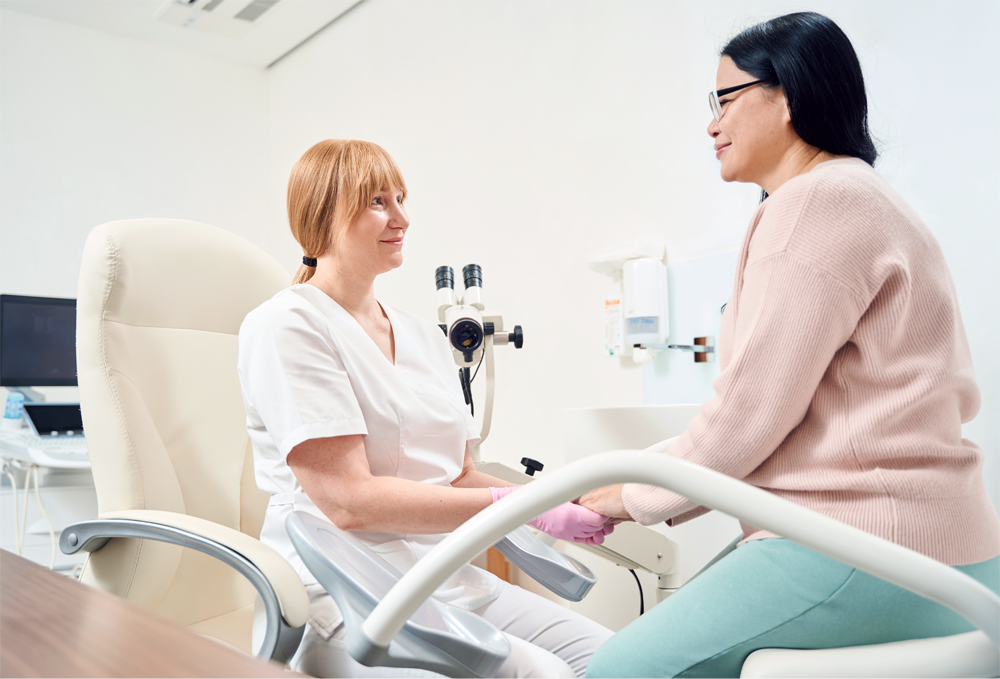Imagine if the standard of care for a heart attack depended entirely on which ER doctor happened to be on duty that night. Some would provide life-saving intervention, while others might tell you to “wait it out” or “just take an aspirin.” This sounds absurd for cardiac care, but it’s exactly what’s happening with menopause treatment across America.
The invisible side of menopause isn’t its symptoms—although the emotional changes during menopause like anxiety and mood shifts are often minimized or dismissed. The real problem is the battle women shouldn’t have to fight: convincing doctor after doctor that their symptoms deserve treatment while relying on sheer luck to determine whether they’ll receive appropriate care for a major life transition affecting millions.





